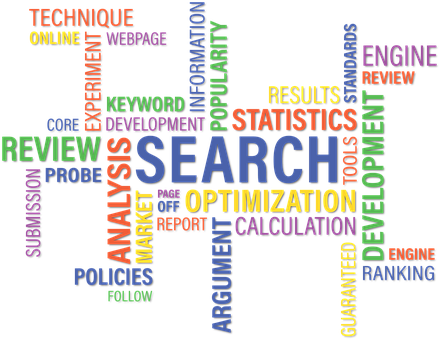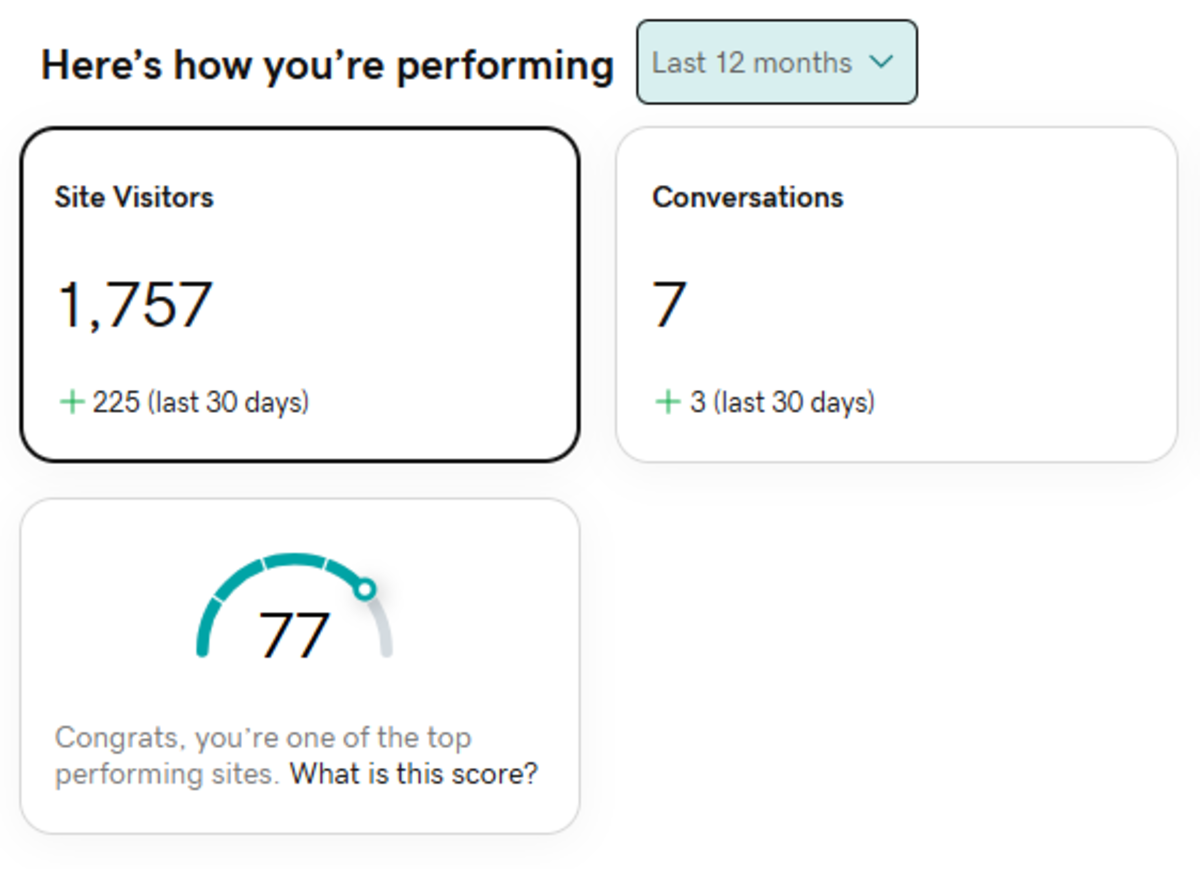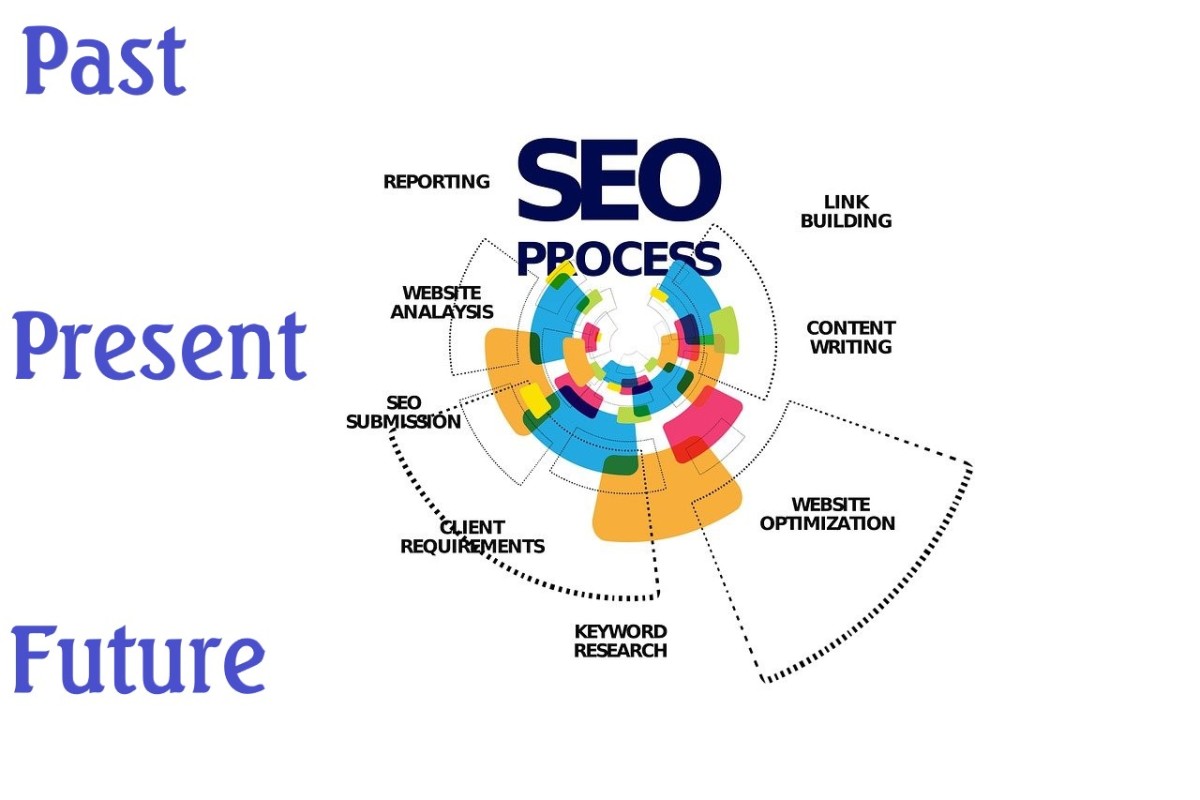What Are the Concepts of Web Optimization?
Introduction
Website optimization is important as it increases user time on site, provides a better user experience, leads to more returns and increases e-commerce sales. it also affects all stages along the buyer's journey such as awareness, interest, consideration, conversion and retention.
Furthermore, website optimization removes potential roadblocks that could cause a user not to complete a purchase or conversion such as confused navigation, slow check out process, unclear benefits to converting and a slow website.
What is website optimization?
Website optimization is the skill applied to optimize the visitor experience, resulting in higher customer satisfaction, better user experience and higher repeat visits and conversion rates.
Its primary focus is optimizing the visitor experience to ensure that the target audience finds what they are looking for on the website.
Factors such as useful design elements, clear content and easy-to-use navigation will usually determine whether the ideal customer experience will be created.
Website optimization involves designers, developers, writers and SEO experts collaborating to create a specific business objective. Each role plays a unique role in representing and developing your brand.

What does it involve?
Website optimization ensures that the website:
- Is easy-to-use (UX, or user experience)
- Is well designed (Website design)
- Effectively displays content and ads
These aspects have shown to directly improve click through rates, time on site and web traffic numbers. once a website is easy to use, users will much likely return and make a purchase or complete a conversion. Great graphics and content also contributes to a higher conversion rate whether it is a purchase, email sign up, download etc.
What is SEO?
Search engine optimization (SEO) ensures that the website's information and quality is optimized correctly, according to best SEO practices.
As design and development may work with the marketing team to implement these changes, knowing basic terminology could help you understand how SEO ties into website optimization.
Metadata
This is the meta titles and description shown to users in search results and in the title bar of internal browsers. There are character limits to metadata - 70 for titles and 160 for descriptions. Search engines use this to determine the content of the page and whether or not to display it in search results.
Sitemap
This includes a list of all of the pages on your website, including blog posts, media, and forms. This list helps search engines index your content to potentially display it in search results. Most websites built on CMS (Content Management Systems) have these sitemap plugins that update this automatically.
Website Content Pages
These are informative pages on your site that are not blog posts, examples include About US, Contact, and Services. These pages are usually created once and are only updated when there is new information to be added. On the other hand, regularly adding new information or pages that provide more niche information can improve SEO.
Blog Posts
These are articles published in blog post format that includes a title, author and date on the page. These are sometimes treated differently by search engines, depending on the content, date, length and topic. Due to the Google "freshness"factor, websites with new content can get preference in search results.
What is the difference between website optimization and SEO?
Website optimization deals more with user experience and making the website easier to use, for example, website layout, design, content formatting, buttons, interactive elements, color, etc.
However, SEO makes it easier for search engines to find and index website content, for example, keyword usage, what content is on the header, tile, and page description, internal linking, schema tags etc.
SEO plays a role before the visitor gets to your site, whereas website optimization affects your visitor when they arrive on your website. Please bear in mind that even though your site rankings in Google is optimized the website should be fully optimized to meet your visitor's needs as well and convert these visits when they fully engage with your site.
These types of optimization work together to create an efficient user experience. Organizations ultimately get more conversions and meet business objectives and users get to find what they are looking for.
Website Optimization: Start to Finish in 10 Steps
This content is accurate and true to the best of the author’s knowledge and is not meant to substitute for formal and individualized advice from a qualified professional.
© 2019 Brendon Thomas








